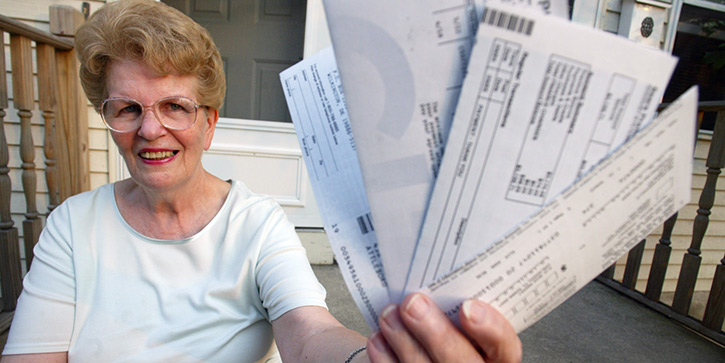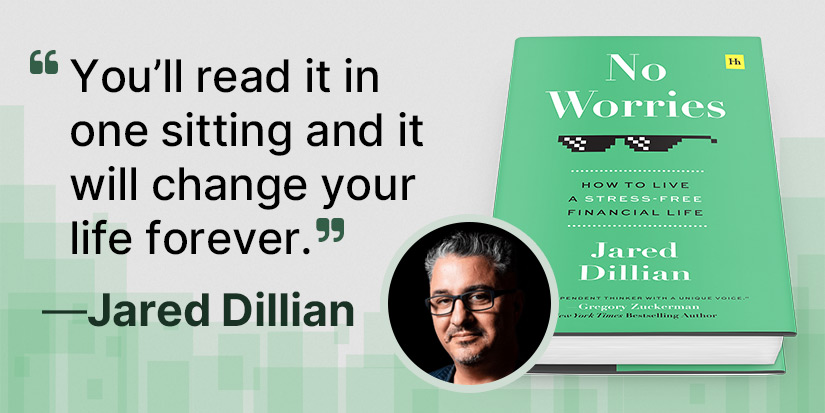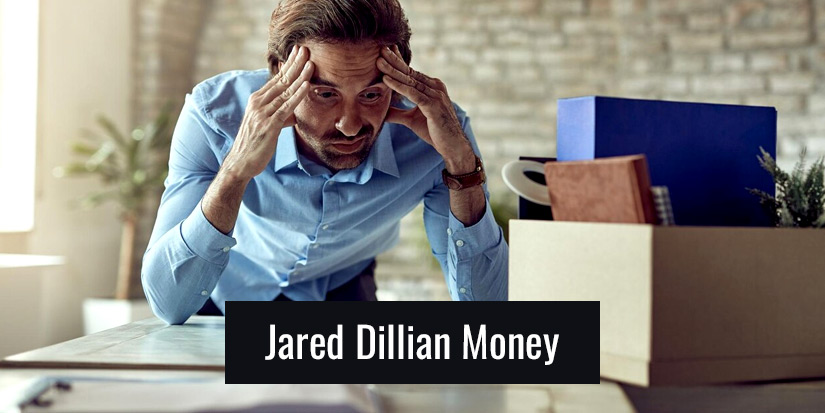
Which Debt Do You Pay off First?
-
 Jared Dillian
Jared Dillian
- |
- January 17, 2019
- |
- Comments
Let’s say you are trying to get out of debt. What debt should you pay off first?
A university professor like myself might succinctly say: “You pay off the debt with the highest interest rate.”
But there are other concerns—it’s not precisely an equation that you can solve for x.
Let’s talk about some of those concerns.
Secured vs. Unsecured
Secured debt is debt that is secured by real property. The most common example is a residential mortgage. The next most common is a car loan.
If you don’t pay the mortgage, the bank will kick you out of the house. If you don’t pay the car loan, the repo man will come with a tow truck and drag it out of your driveway while you’re eating dinner. Both are bad scenarios.
In some countries (like Canada), not paying your mortgage is the end of the world, because mortgages are recourse. Like the US, the bank kicks you out of the house and sells it. But if the proceeds don’t cover the mortgage, you are on the hook for the rest. We don’t have that here—we have “jingle mail.” It is the bank’s problem.
The most common form of unsecured debt is revolving debt, or credit cards. If you don’t pay your credit card bill, eventually the account will go into collection and you’re going to get a lot of phone calls. You’ll have a few new best buddies. A friend of a friend was once a debt collector. She actually enjoyed her job, in a sadistic way. Perfect for someone who lacks empathy.
Anyway, you can try to consolidate it, but it’s hard to make defaulted credit card debt go away. You may reach some sort of a settlement, but you will eventually have to pay it, unless you declare bankruptcy.
So which do you pay first, secured or unsecured?
Well, it’s going to be harder to pay down debt if you don’t have a place to live, and it’s going to be harder to pay down debt if you don’t have a car you drive to work.
So even though secured debt carries a lower interest rate, you should probably prioritize that first.
But, for example, if you don’t need a car to get to work, and your car only gets used on the weekends, you should probably pay unsecured debt ahead of that.
I said this was complicated.
|
Paying the Highest Rate
Like what you're reading?
Get this free newsletter in your inbox every Thursday! Read our privacy policy here.
There are some personal finance gurus out there who will tell you to pay down the smallest balance first. The idea is that you can completely wipe it out and put a W on the board. It feels good, psychologically speaking, to do this.
But it doesn’t make any logical sense.
Hypothetical scenario: you are paying down a balance that carries a 6% interest rate, but you have another balance that has a 17% interest rate. While you are busy paying down the smaller balance, you are getting whacked for more interest on the other account. You are literally losing money on a daily basis.
So if you have a big balance with a high interest rate, you should get in there and start hacking at it. Take a big chunk out of that thing every time you get paid.
I had this conversation with a family member recently, who told me he had mid-five figures in credit card debt. I was like, dude, you’re paying $7,000 in interest a year. I gave him my usual spiel, about how interest is unproductive and how he’s just contributing to bank profits.
Look, I get it. Buying things is fun. You get jewelry, watches, cars. Investing is fun. You get to buy stocks and watch them go up.
Paying down debt is no fun. You just watch the number in the account get smaller. I may be the only person in the world who finds that incredibly satisfying. I like making debt disappear, but for most people, it is like picking out socks.
Anyway, when it comes to unsecured debt, pay down the highest interest rate first—but I said there was an exception.
Student Loans
Pay down student loans first (after secured debt).
Student loans are the deadliest kind of debt. Why? Because you cannot discharge them in bankruptcy.
Meaning: they will follow you forever if you don’t do something about it.
I have a friend who worked with homeless people in New York. One of his clients got cleaned up and off the street after being homeless for over a decade. He got a job at a fast food restaurant, and five days later a couple of guys showed up looking for money for student loans, after his Social Security Number showed up back on the grid. That is just nasty.
I know some folks who make the minimum payments on their student loans, never paying down the principal, because they think that they will someday be forgiven. That is a terrible strategy.
Again, get in there and start hacking. It is not rewarding, but you have to do it. Chop and chop and chop until those things are finally gone. It might take a decade or more. It must be done.
So the answer to the question, “which debt do I pay down first?” is not simple. Which is one of the reasons I like personal finance, because there really are no simple answers. Everything is complicated. It is a massive unconstrained linear optimization problem. Stocks and bonds are easy compared to this stuff.
Like what you're reading?
Get this free newsletter in your inbox every Thursday! Read our privacy policy here.
On that “Investing is Fun” Note: Put Wednesday, January 23rd in Your Calendar
What promises to be a pretty unique investing event is taking place next week, courtesy of Mauldin Economics’ friends, disruption research firm RiskHedge.
The American Disruption Summit is free to watch online (but space is limited).
You can check out the expert panel here. It’s pretty impressive. They got George Gilder, who famously predicted the iPhone back in 1990. And Mark Yusko, as well as Stephen McBride and a mystery guest.
It airs on Wednesday January 23rd at 8pm, but I’m told there will be a replay available to all who register. So if you’re interested, get your name on the list.
subscribers@mauldineconomics.com
Tags
Suggested Reading...
|
|

 Jared Dillian
Jared Dillian

